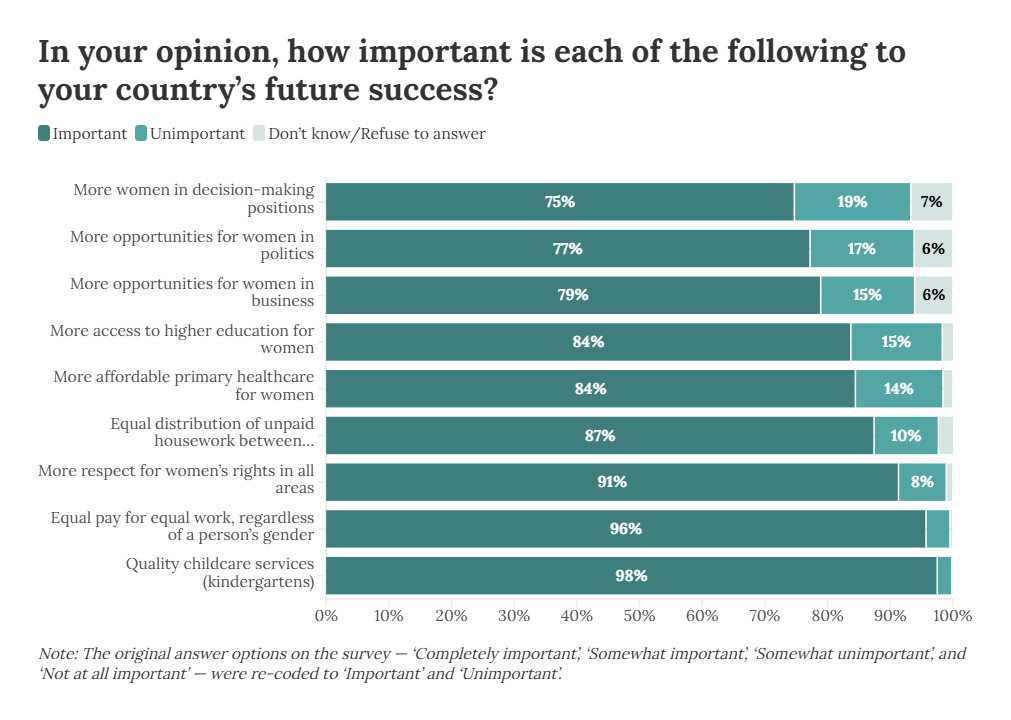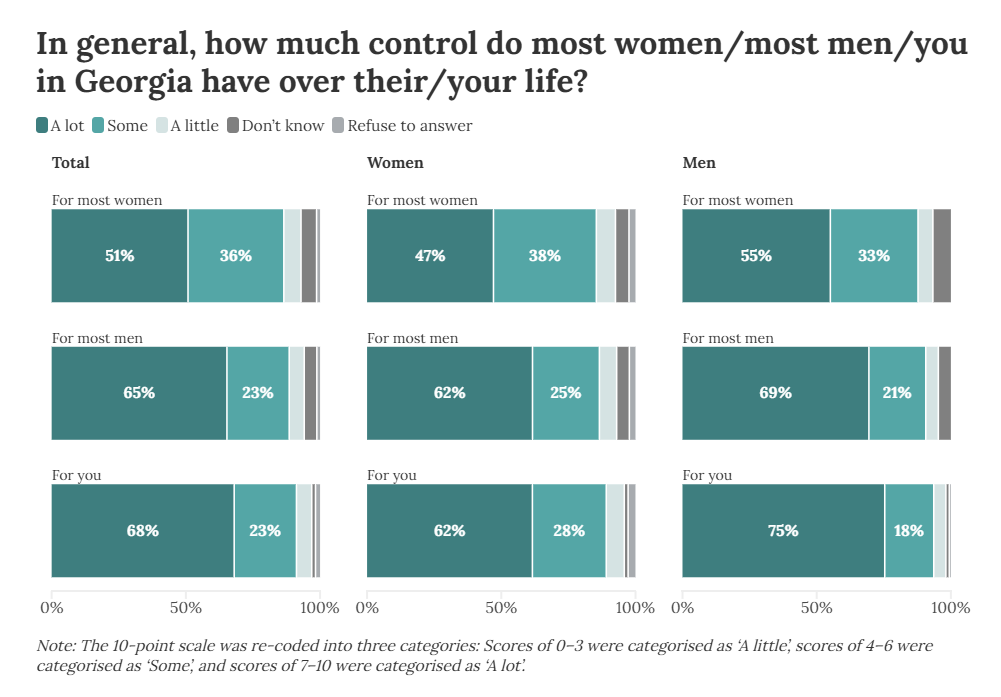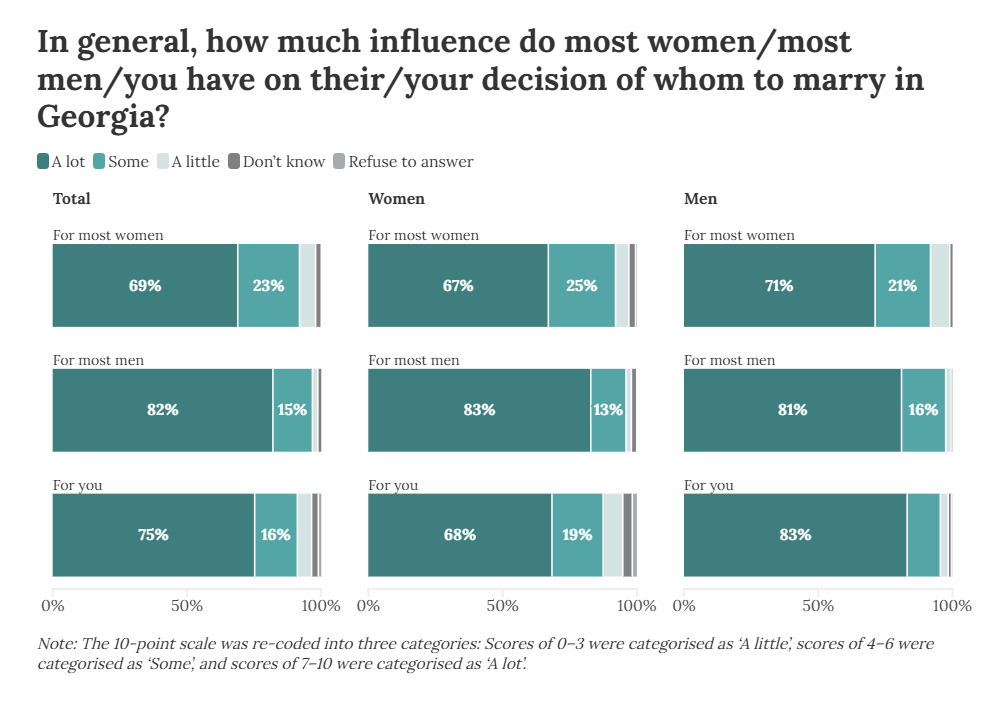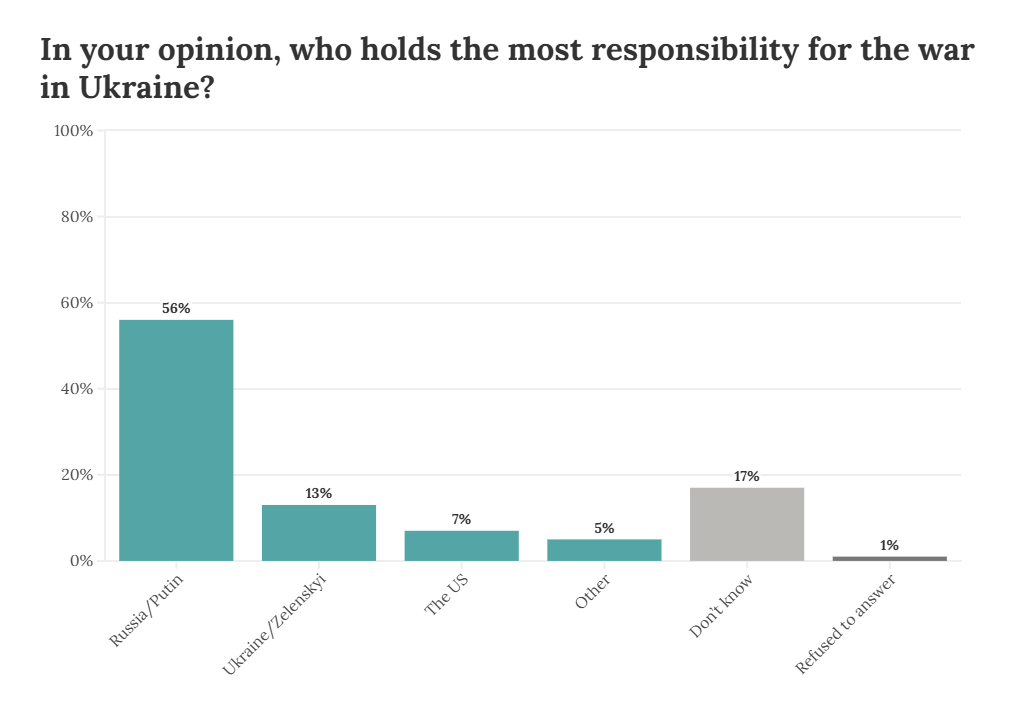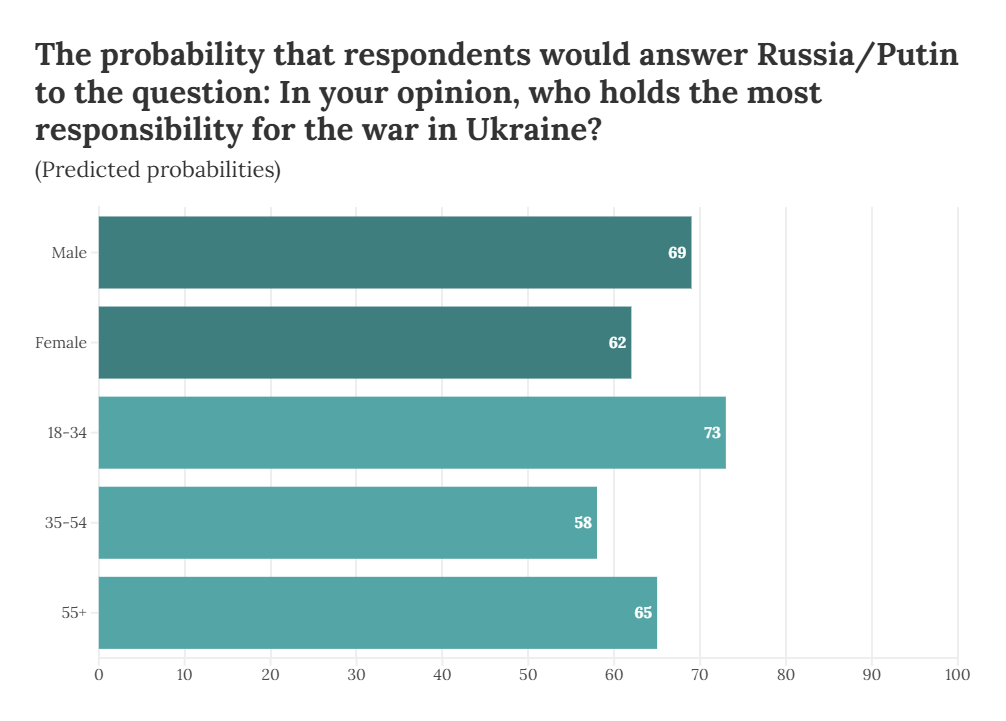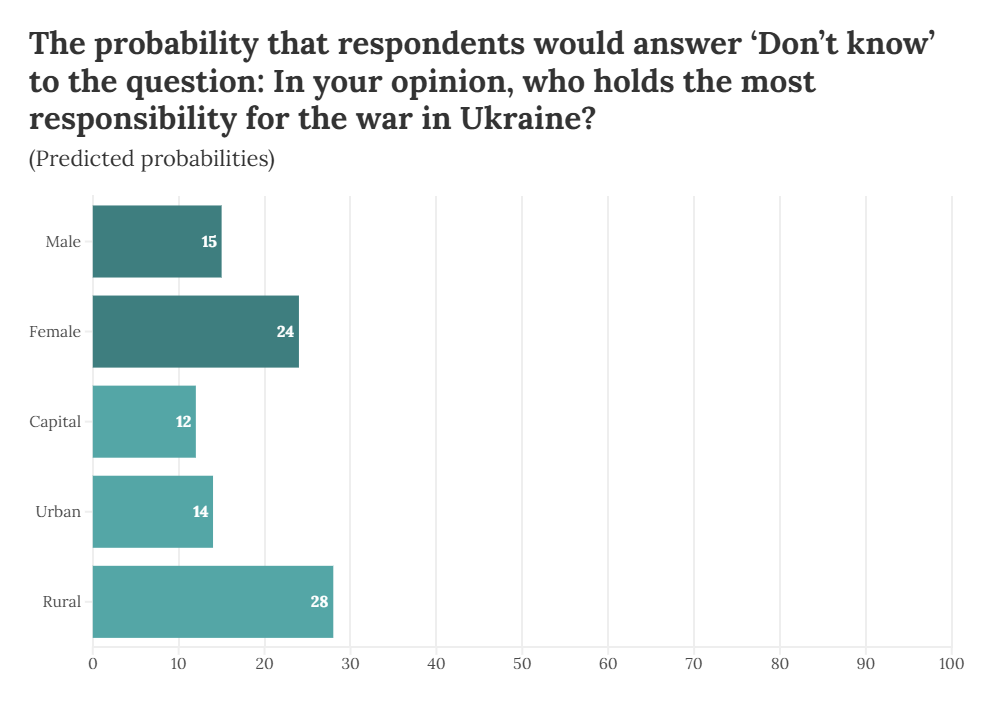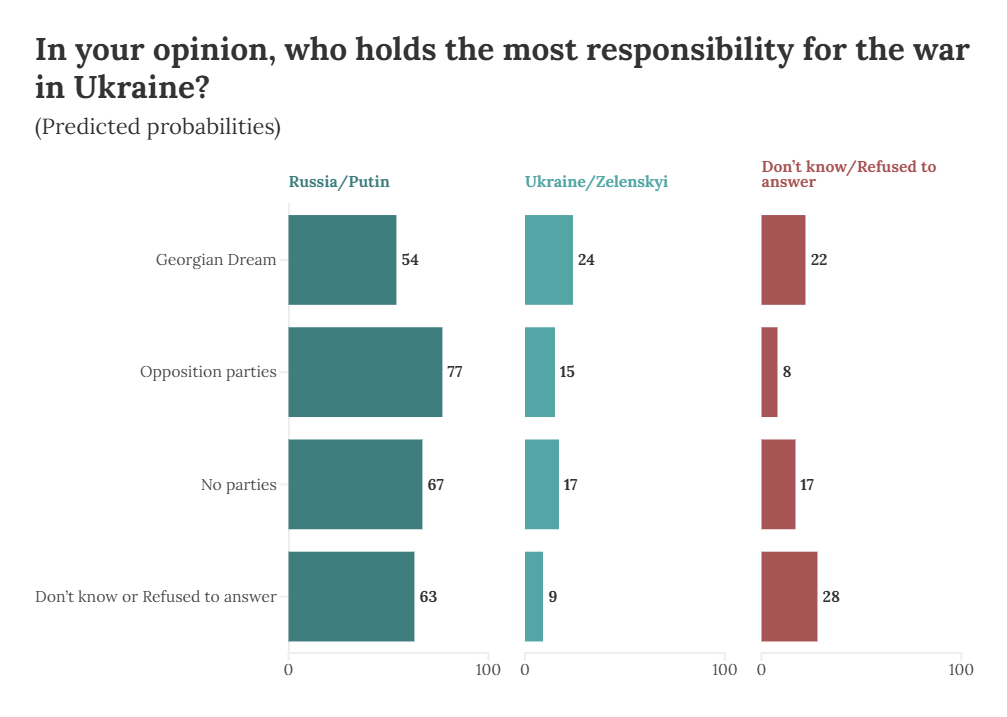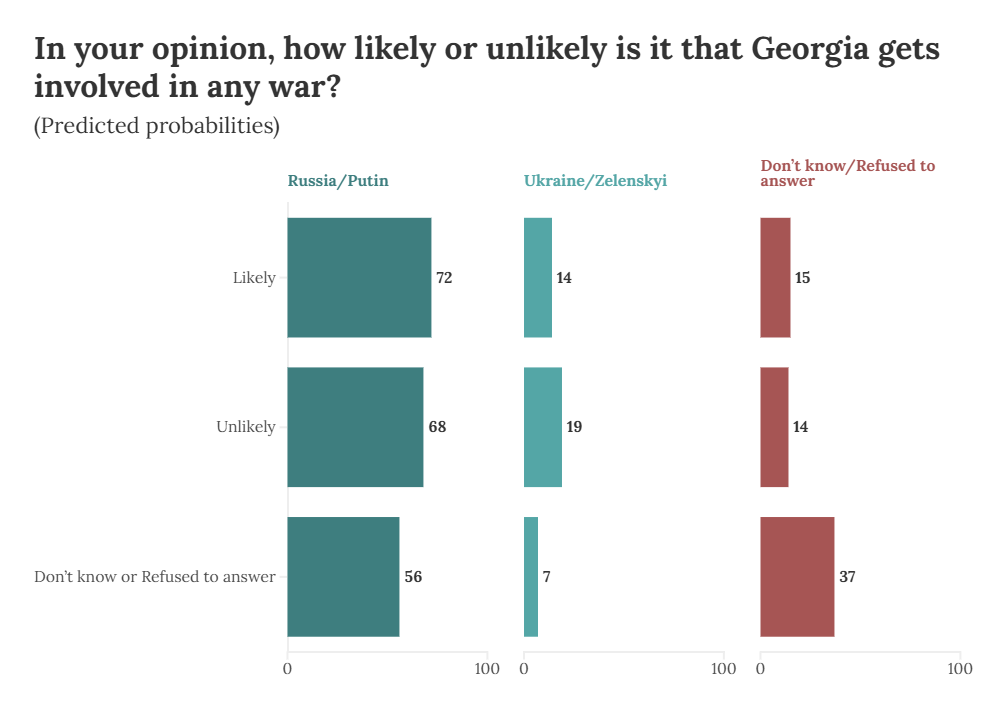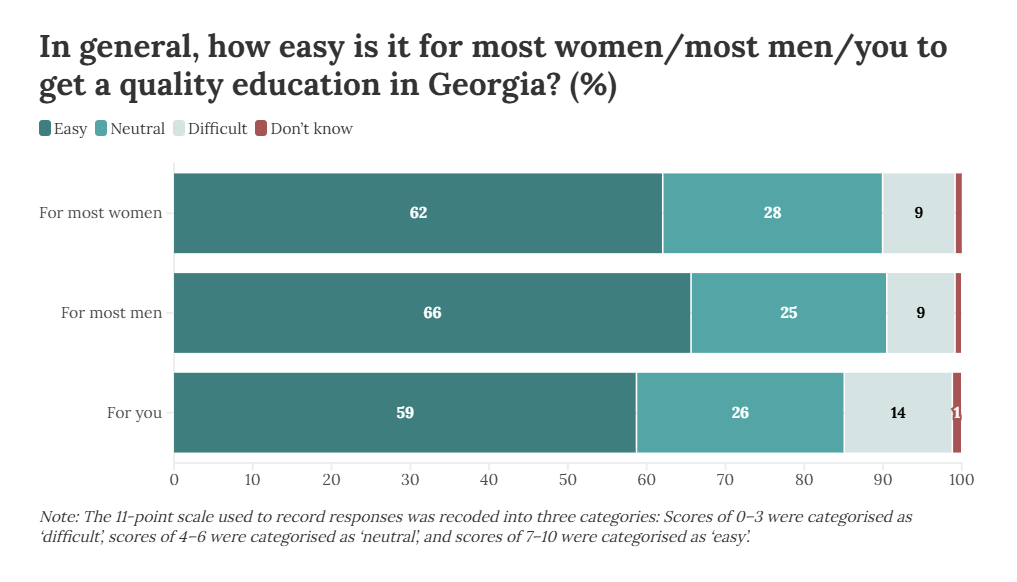Note: This article first appeared on the Caucasus Data Blog, a joint effort of CRRC-Georgia and OC Media. This article was written by Melor Shengelia, a researcher at CRRC Georgia. The views presented in this article are the author’s alone and do not necessarily reflect the views of CRRC Georgia.
According to data from the 2024 Caucasus Barometer, both Armenians and Georgians tend to lack confidence in their influence on politics. However, Armenians in general are significantly less willing to participate in politics.
Both Armenian and Georgian politics have experienced dramatic protests over the last decade. Over the past three years, Georgia has experienced significant political unrest due to the ruling Georgian Dream party’s domestic crackdown and drift away from Euro-Atlantic integration. In Armenia, the political landscape has evolved since the 2018 Velvet Revolution, when mass protests brought current Prime Minister Nikol Pashinyan into power.
Though both countries have been host to mass public movements, data from the 2024 Caucasus Barometer suggests that people’s perceptions of their political power differ between the two countries.
In Armenia, more people believed that politics and government were too complicated for the average person to understand. While this opinion was also common in Georgia, it was expressed significantly less often.

A statistical model demonstrates that people in Georgia living in urban areas outside of Tbilisi were more likely to agree than disagree with the statement, ‘Sometimes politics and government seem so complicated that a person like me can’t really understand what’s going on’.
Younger people aged 18–34 were less likely to agree with this statement compared to people from older age groups.
The model also suggests that in Georgia, women were more likely to agree that politics were too complicated to understand compared to men.
Education was also a significant predictor of whether someone agreed or disagreed with the statement. People with a higher education were less likely to agree and more likely to disagree with this opinion compared to people with a lower education level.
Ethnic Georgians were also more prone to disagree with this statement compared to ethnic minorities.
In Armenia, however, demographic variables were not statistically significant predictors of feelings towards how complicated politics are.

Data related to whether people felt they had a say in what their government does similarly showed that people in both Armenia and Georgia were not confident in their ability to influence politics.
In Armenia, 64% of the public agreed that they did not have any say in the government’s actions. In Georgia, on the other hand, less, albeit half (52%) of the public, believed they lacked a say and influence in what their government does.

Regression analysis demonstrates that in both Armenia and Georgia, people who lived in rural areas were less likely to agree with the above statement compared to people from the capitals.
In Armenia, older people were more likely to agree with the statement compared to people aged 18–34. This variable was not a significant predictor in Georgia.
Additionally, while gender, education level, employment status, ethnicity, and ownership of durable goods (a common proxy for wealth) were included in the regression, none were statistically significant predictors in either country.

In both countries, people tended to lack confidence in their influence on politics while also feeling indifferent about their role in political life. While this trend was observed in both Armenia and Georgia, people in Armenia were significantly less willing to participate in politics and were less likely to perceive their role as important in political processes.
Note: The results presented in this article came from a regression model of the Caucasus Barometer 2024 dataset. The regressions included the following variables: sex (male or female), age group (18–34, 35–54, 55+), settlement type (capital, urban, rural), ethnic group (ethnic majority or ethnic minority), educational attainment (secondary or lower, secondary technical, higher than secondary), employment (working, not working), and wealth (ownership of 13 different durable goods, a common proxy for wealth).
